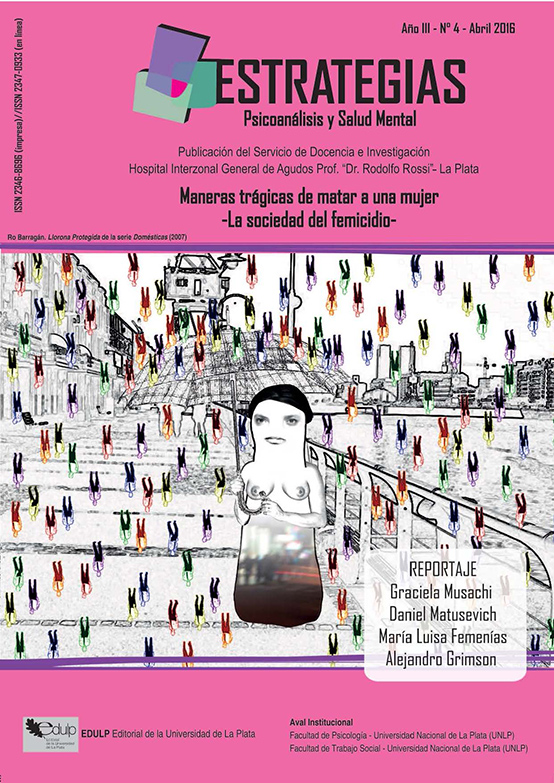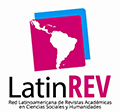Body and capitalism work of violence and fear
Abstract
The continuing violence on a female body is the condition for the functioning of power -a powerexasperated by market economy. Two Latin American novels, Roberto Bolaño’s 2666 or Diego Zuñiga’s Racimo, among others, explore the desert of the market where the creation and reproduction of capital is merged with the traditionally female role of creation and reproduction of life.
Downloads
Metrics
References
Bolaño, Roberto: 2666. Barcelona: Anagrama, 2004.
Giorgi, Gabriel: Formas comunes. Animalidad, cultura, biopolítica. Buenos Aires: Eterna Cadencia: 2014.
González Rodríguez, Sergio: Th e Femicide Machine. Trans. by Michael Oarker-Stainback. Los Angeles: Semiotext(e), 2007. [Huesos en el desierto. Barcelona: Anagrama, 2002].
Ludmer, Josefi na: El cuerpo del delito. Bs As: Perfil, 1999.
Marx, Karl: “La jornada de trabajo”. El Capital. Volumen Uno. Trad. Wenceslao Roces. México: Fondo de Cultura Económica, 2000.
Monsiváis, Carlos: “El femicido y la conversion de Ciudad Juárez en territorio de la impunidad,” specialissue of Metapolítica. Las muertas de Juárez. Ed. por Sergio González Rodríguez (Fuera de Serie/2003).
Zúñiga, Diego: Racimo. Barcelona: Random House, 2015

















